They Might Be Giants (1971)
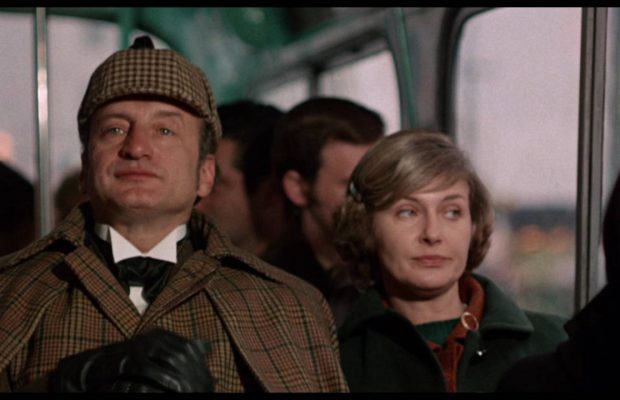
Toronto Film Society presented They Might Be Giants (1971) on Monday, November 4, 2019 in a double bill with Sherlock Holmes and the House of Fear as part of the Season 72 Monday Evening Film Buffs Series, Programme 2.
Production Company: Universal Pictures. Producers: John Foreman, Jennings Lang (uncredited), Paul Newman (uncredited). Director: Anthony Harvey. Screenplay: James Goldman, based on his play. Music: John Barry. Cinematography: Victor J. Kemper. Editor: Gerald B. Greenberg. Production Design: John Robert Lloyd. Set Decoration: Herbert F. Mulligan. Release Date: June 9, 1971.
Cast: George C. Scott (Justin), Joanne Woodward (Watson), Jack Gilford (Peabody), Lester Rawlins (Blevins), Al Lewis (Messenger), Rue McClanahan (Daisy), Ron Weyand (Dr. Strauss), Oliver Clark (Mr. Small), Theresa Merritt (Peggy), Jenny Egan (Miss Finch), Jane Hoffman (2nd Telephone Operator), Michael McGuire (Telephone Guard), Eugene Roche (Policeman), James Tolkan (Mr. Brown), Kitty Winn (Grace), Sudie Bond (Maud), F. Murray Abraham (Clyde), M. Emmet Walsh (1st Sanitation Man), Frances Fuller (Mrs. Bagg).
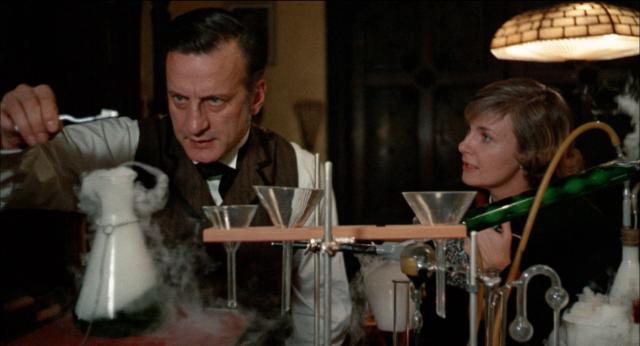
In this film Joanne Woodward plays a psychiatrist named Mildred Watson. She is no stranger to psychiatrists on film, having played a patient in The Three Faces of Eve (1957) and a psychiatrist in the television mini-series Sybil (1976). Character actor Oliver Clark appears early in They Might Be Giants as the patient Mr. Small. He is well-remembered for his role on The Bob Newhart Show (1972-78) as Mr. Herd, one of the patients of psychologist Bob Hartley (Newhart), and as a likable and funny psychiatric patient, John Doe #6, on St. Elsewhere (1982-88). Keep your eyes open for Al Lewis—better known as Grandpa in The Munsters (1964-66, 1973, and 1981)—in an opening scene. According to biographies, Al Lewis claimed to have been born in 1923, which would make him about 47 when this movie was filmed. But he was also known to have said he was born in 1910, which would make him 60 years old at the time of filming. Watch for him: 47 or 60? You be the judge.
In the supporting cast, veteran character actor Jack Gilford is probably the best-known. He had a long career in film, on stage, and on television. He was born on the Lower East Side of Manhattan and grew up in the Williamsburg neighbourhood in the Borough of Brooklyn. Milton Berle became a mentor to Jack when he met him working in a pharmacy. Gilford started his show business career in 1934 as a comedian in revues and an actor in comedy plays. His first film role was in 1944, and he appeared in three films between then and 1953. His next film appearance wasn’t until 1966. His stage roles in the early-1950s were lean as well, as he and his wife, Madeline Lee Gilford, had been named as communist sympathizers by choreographer Jerome Robbins in the HUAC hearings. Robbins named Jack’s best friend, Zero Mostel, as well. Robbins “named names” because he had been threatened to be outed as a gay man. Jack and Madeline’s son Joe wrote a play about his parents’ experience with HUAC and being blacklisted. The play, Finks, was well-received by audiences and critics and has been performed off-Broadway and in many theatres around the USA.
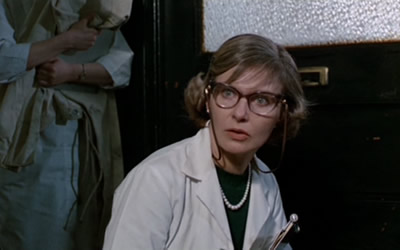
Jack’s pantomime skills were put to good use by Director George Abbott when he cast him as King Septimus the Silent in the off-Broadway production of Once Upon a Mattress (1959). The play featured a young Carol Burnett, and when she did two television productions of the play, in 1964 and 1972, Jack reprised his role as Septimus the Silent. In the operetta Die Fledermaus, Jack played the tipsy jailer, Frosch. He played the role 77 times between 1950 and 1964, due to theatre-goers loving him in the part. Another comic role he played so well was the slave Hysterium in both the stage (1962-64) and film (1966) versions of A Funny Thing Happened on the Way to the Forum. In both he co-starred with his best friend, Zero Mostel, and Jack was nominated for a Tony Award for his performance. He was also nominated for an Academy Award and a Golden Globe for Save the Tiger (1973) and Emmy Awards for Outstanding Guest Actor in Thirtysomething and The Golden Girls, both in 1989. In 1985 Jack was in the cast of the film Cocoon along with his peers Don Ameche, Gwen Verdon, Hume Cronyn, Jessica Tandy, and Maureen Stapleton. For his work in Cocoon: The Return (1988), Jack was nominated for Best Supporting Actor by The Academy of Science Fiction, Fantasy & Horror Films, USA. He also appeared in the films Catch-22 (1970); Harry and Walter Go to New York (1976); Mister Buddwing (1966); Enter Laughing (1967); and Who’s Minding the Mint? (1967). He also guest starred on many television shows over the years, including: Get Smart; Here’s Lucy; All in the Family; Love Boat; Taxi; Soap; and Night Court.
Of all his film, stage, and television roles, many of us who grew up watching television will remember him from his 26 commercials for Cracker Jack that aired between 1960 and 1972. He never spoke in the commercials and played characters that included: a teacher taking a box of Cracker Jack from a student; a man in a crowded elevator tormented by a kid tempting him with the treat; a candy vendor waiting patiently while a young boy empties his pockets of all sorts of things while looking for money; and an astronaut chasing a box of Cracker Jack in the weightlessness of a space capsule. In another commercial, an aged Jack is in his attic opening a trunk full of memories. It is rather nostalgic and perhaps sad, not comical as the others were. Jack is seen blowing the dust off a sled to reveal the words “Rose Bud”, then opening the trunk, taking out a glove and a ball, and finding a folded-up Cracker Jack box. He folds the box back into shape and mimes eating the candy. He sits back with a wistful look on his face as the voice-over announcer says, “Some memories are so good you can still taste them.” The commercial won a Clio Award in 1970. Jack was married for 40 years to actress and producer Madeline Lee. They had three children: Lisa, a producer; Joe, a playwright/screenwriter/stage director; and Sam, an artist/activist. Sadly, Jack passed away at his home in Greenwich Village in 1990, after a year-long battle with cancer.
Notes by Bruce and Carol Whittaker

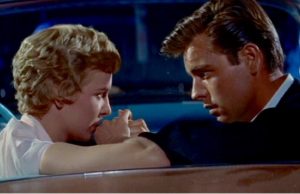
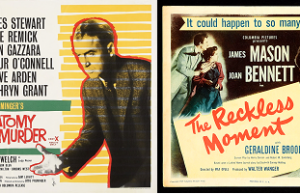
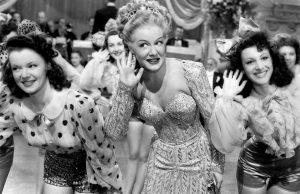






Leave a Reply